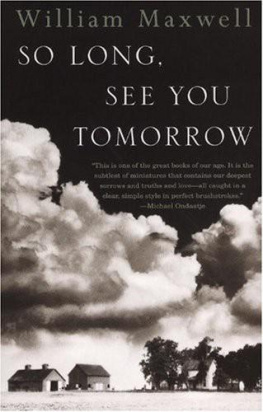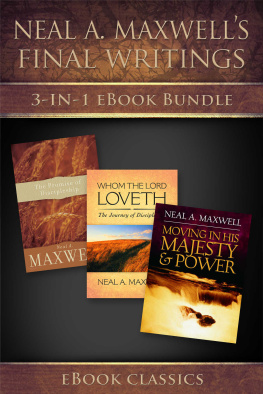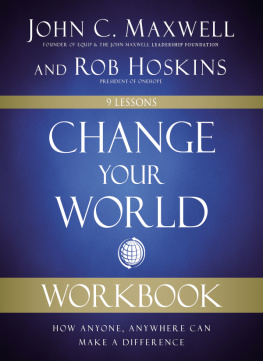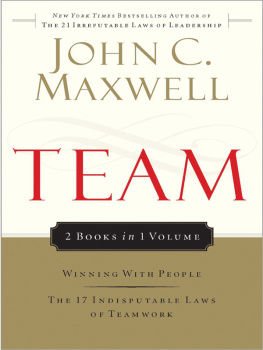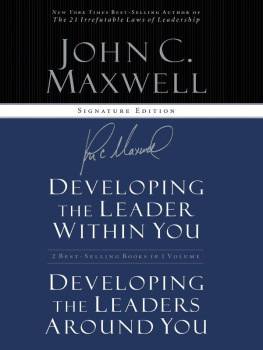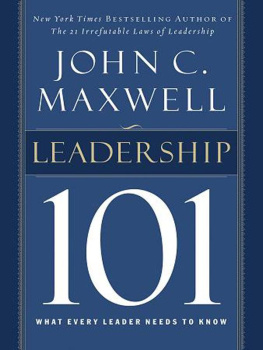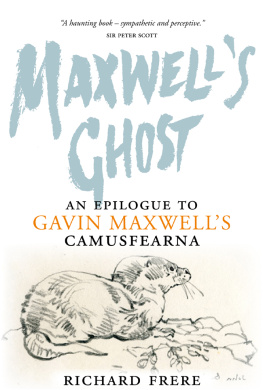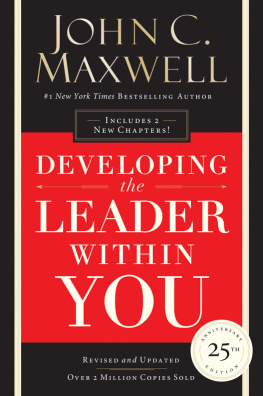
William Maxwell
SO LONG,
SEE YOU TOMORROW
THE HARVILL PRESS
LONDON
For Robert Fitzgerald
First published in the United States by Alfred A. Knopf, Inc, New York, 1980
Published in Great Britain in 1997 by
The Harvill Press, 2 Aztec Row, Berners Road, London N1OPW
www.harvill-press.com
This paperback edition first published in 1998
5 7 9 8 6 4
Copyright William Maxwell, 1980
William Maxwell asserts the moral right to be identified as the author of this work This novel first appeared in the New Yorker Grateful acknowledgment is made to the following for permission to reprint previously published material: The Pierre Matisse Gallery and the Museum of Modern Art: excerpt from a letter from Alberto Giacometti to Pierre Matisse, appearing in Alberto Giacometti, by Peter Selz, copyright 1965 by The Museum of Modern Art, New York, reprinted by permission of the Pierre Matisse Gallery and the Museum of Modern Art
Warner Bros. Publication Inc.: excerpt from "Heidelberg", from The Prince of Pilson, by Frank Pixley and Gustave Luders, copyright 1932 by Warner Bros., Inc. Copyright renewed by Warner Bros., Inc.
All rights reserved. Reprinted by permission of Warner Bros. Publication Inc., Miami, FL 33014
A CIP catalogue record for this book is available from the British Library ISBN 1 86046 418 1
Printed and bound in Great Britain by Mackays of Chatham Half title illustration by Newell and Sorrell CONDITIONS OF SALE
All rights reserved. No part of this publication may be reproduced, stored in a retrieval system, or transmitted in any form or by any means, electronic, mechanical, photocopying, recording or otherwise, without the prior permission of the publisher This book is sold subject to the condition that it shall not, by way of trade or otherwise, be lent, re-sold, hired out or otherwise circulated without the publisher's prior consent in any form of binding or cover other than that in which it is published and without a similar condition including this condition being imposed on the subsequent purchaser
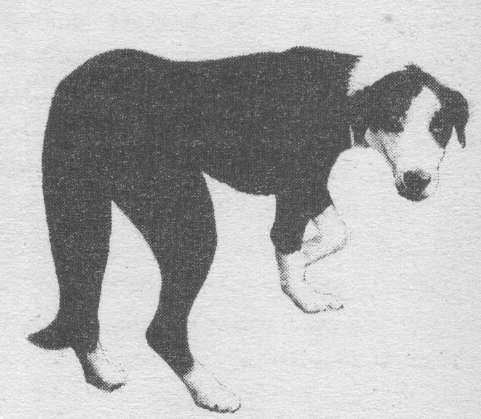
SO L O N G , SEE YOU T O M O R R O W
"For writers of my generation, William Maxwell's So Long See YouTomorrow is the book that made us all think we needed to write a short novel and magically (since Mr Maxwell's book is so magically deft at being profound) that we could do it. But my God, what a model to take on! Easier to bottle the wind. It possesses that daunt-ing quality impossible to emulate: it makes greatness seem simple"
R I C H A R D FORD
"There is a rare clarity and economy here - along with that wise and measured humanity which is the keynote of the American liberal voice" PENELOPE LIVELY,Spectator
"This is one of the great books of our age. It is the subtlest of miniatures that contains our deepest sorrows and truths and love - all caught in a clear, simple style in perfect brushstrokes"
M I C H A E L ONDAATJE
"Maxwell's voice is one of the wisest in American fiction; it is, as well, one of the kindest" JOHN UPDIKE
"He conjures depths of pain and regret in words of radiant simplicity" ANTHONY QUINN,Observer
"Maxwell is one of the past half-century's unmistakably great novelists" Village Voice
"Maxwell offers us scrupulously executed, moving landscapes of America's twentieth century, and they do not fade"
C L A I R E M E S S U D ,Times Literary Supplement WILLIAM MAXWELL was born in 1908 in Lincoln, Illinois. He is the author of six novels and three story collections. A New Yorker editor for forty years, he helped to shape the prose and careers of John Updike, John Cheever, John O'Hara and Eudora Welty.
Maxwell received the PEN/Malamud Award in 1995, and won the American Book Award for So Long, See You Tomorrow (1980).
He lives in New York City.
Also by William Maxwell and availablefrom Harvill ALL T H E DAYS A N D N I G H T S : THE C O L L E C T E D STORIES
T I M E W I L L DARKEN IT
Other books by William Maxwell
BILLIE DYER A N D O T H E R STORIES
THE O U T E R M O S T D R E A M
OVER BY T H E RIVER A N D O T H E R STORIES
A N C E S T O R S
THE O L D M A N AT THE R A I L R O A D C R O S S I N G A N D O T H E R TALES
THE CHATEAU
T H E HEAVENLY T E N A N T S
THE F O L D E D LEAF
THEY CAME LIKE S W A L L O W S
B R I G H T C E N T E R OF HEAVEN
IV IN T H E SCHOOL C O R R I D O R 43
V T H E EMOTION OF OWNERSHIP 52
VI LLOYD WILSON'S STORY 72
VII I N N O C E N T (MORE OR LESS) CREATURES 85
VIII T H E M A C H I N E R Y OF J U S T I C E 104
IX T H E GRADUATING CLASS 129
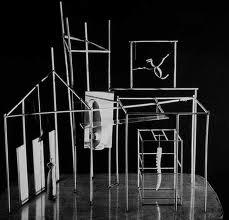
SO LONG,
SEE YOU TOMORROW
I
A PISTOL SHOT
The gravel pit was about a mile east of town, and the size of a small lake, and so deep that boys under sixteen were for-bidden by their parents to swim there. I knew it only by hearsay. It had no bottom, people said, and because I was very much interested in the idea that if you dug a hole straight down anywhere and kept on digging it would come out in China, I took this to be a literal statement of fact.
One winter morning shortly before daybreak, three men loading gravel there heard what sounded like a pistol shot.
Or, they agreed, it could have been a car backfiring. Within a few seconds it had grown light. No one came to the pit through the field that lay alongside it, and they didn't see anyone walking on the road. The sound was not a car backfiring; a tenant farmer named Lloyd Wilson had just been shot and killed, and what they heard was the gun that killed him.
At the coroner's inquest, Wilson's uncle, who had lived with him for a number of years and was a man in his late sixties, testified that while he was feeding the horses he saw his nephew's lantern as he passed on his way to the cow barn. The horse barn and the cow barn were about five hundred feet apart. He did not hear the shot and he was not aware that there was anybody on the farm that morning
who did not belong there. The household at that time con-sisted of Wilson, his two little boys, aged six and nine, his elderly housekeeper, and the uncle, Fred Wilson.
The housekeeper then took the stand and testified that on the last morning of his life Lloyd Wilson got up at five-thirty as usual, dressed, and built two fires. While he was waiting for the one in the kitchen range to catch, he stood talking and joking with her. He was in a cheerful mood and left the house whistling. Usually he was through milking and back in the kitchen before she had breakfast ready. At seven o'clock, knowing that he had to go to town and pick up a man he had engaged to do some belated corn shucking for him, she told the younger of the two little boys to go see what was keeping his father so long. He asked for a flashlight, and she peered out into the darkness and then said he didn't need a flashlight, he could see the lantern shining from the open door of the barn. In a very short while she heard him coming back to the house. He was crying. When she opened the storm door and called out to him, he said, "Papa is dead!
He is sitting there with his eyes open but he is dead.... "
Next page
